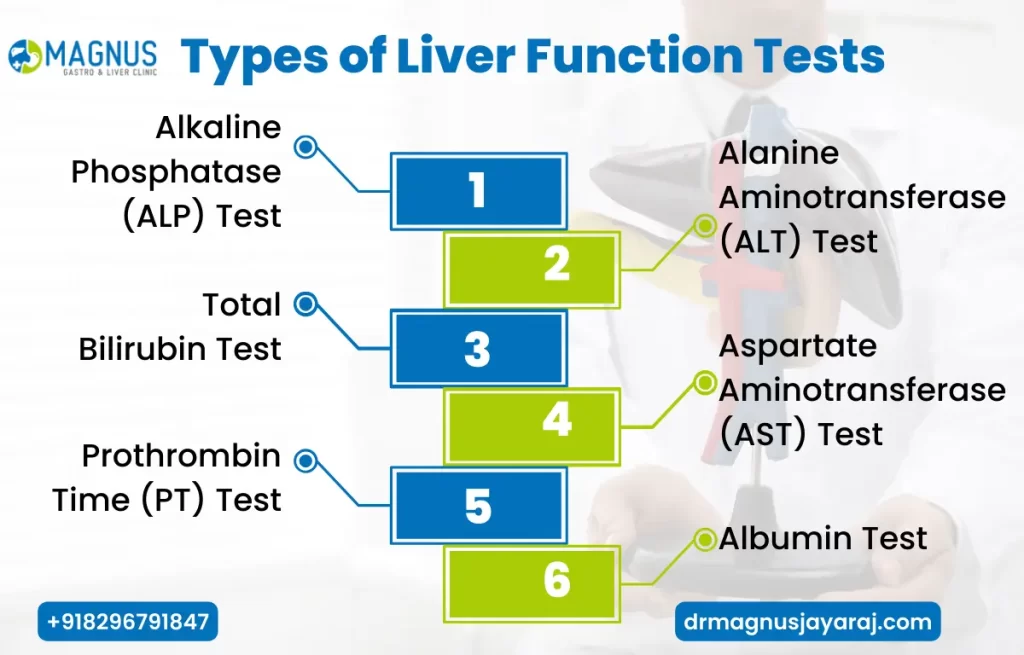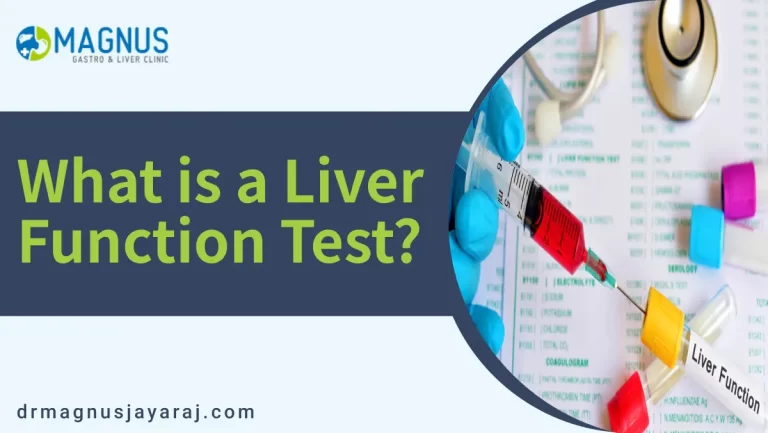Liver function testing is a group of blood tests that evaluate the health and functionality of the liver. Understanding the process and results of liver function testing can help in the early detection and diagnosis of liver diseases.
What is a Liver Function Test?
Liver tests are done to check the health and function of the liver. They measure levels of enzymes, proteins, and other substances in the blood that can indicate liver damage or disease.
You should also know more about liver tests besides what is a liver function test. The reason is that it can help diagnose liver diseases, monitor the effectiveness of treatment, and determine if there is a risk of developing liver problems in the future. They can also be used to evaluate the overall health of the liver and assess any potential complications.
Types of Liver Function Tests
Liver function testing involves a simple blood draw. Before the procedure, the doctor will usually explain what is a liver function test?. The following are the most common liver function tests:
Alanine aminotransferase (ALT) and aspartate aminotransferase (AST)
These enzymes are found in liver cells and are released into the bloodstream when the liver is damaged. Elevated levels of ALT and AST can indicate liver inflammation or damage.
Alkaline phosphatase (ALP)
ALP enzyme is found in liver cells and bone cells. Elevated levels of ALP can indicate liver or bone disease.
Gamma-glutamyl transferase (GGT)
GGT enzyme is found in liver cells and bile ducts. Elevated levels of GGT can indicate liver or bile duct disease.

Bilirubin
Bilirubin is a waste product produced when red blood cells break down. Elevated levels of bilirubin can indicate liver disease or a problem with red blood cell breakdown.
Albumin
This type of protein is produced by the liver. Low levels of albumin indicate liver disease or malnutrition.
Prothrombin time (PT)
PT measures the duration it takes for blood to clot. An abnormal PT can indicate liver disease.
After the test, you need not worry about what happens when your liver enzymes are high because your doctor will help you with a comprehensive treatment to overcome it.
How to Prepare for a Liver Function Test?
Before the procedure, the patient will be explained what is a liver function test. And he/she may be required to fast for several hours before the test. This is because food and drink can affect the levels of enzymes in the blood and give inaccurate results.
The patient should inform their healthcare provider of any medications they are taking, as some medications can affect liver function test results. Drinking plenty of water can make it easier to draw blood during the test.
During the liver function test, a healthcare provider will draw a sample of blood from a vein in the patient’s arm. The healthcare provider will clean the area with an antiseptic, and then insert a needle into the vein to collect the blood sample.
The needle may cause some discomfort, but the procedure is generally quick and painless. The blood sample that has been collected is sent to a laboratory for analysis. The results of the liver function test are usually available within a few days.
After understanding more about what is a liver function test? the patient can resume normal activities, including eating and drinking. Side effects from liver function testing are rare but can include bruising, bleeding, or infection at the site where the needle was inserted. Patients should contact their healthcare provider if they experience any of these side effects.
If you are in dilemma thinking about what happens when your liver enzymes are high, you can discuss it with your healthcare provider as he will interpret the results of the liver function test. Depending on the results, the healthcare provider may recommend further testing, treatment, or lifestyle changes.
Conclusion
To summarize, you should understand what is a liver function test. before taking one because liver function testing involves a group of blood tests that measure various enzymes, proteins, and other substances that are produced or regulated by the liver. Early detection, diagnosis of liver disease, and proper preparation for the procedure can help prevent further liver damage and improve outcomes for patients.
Read also Promoting Liver Health in Children.


